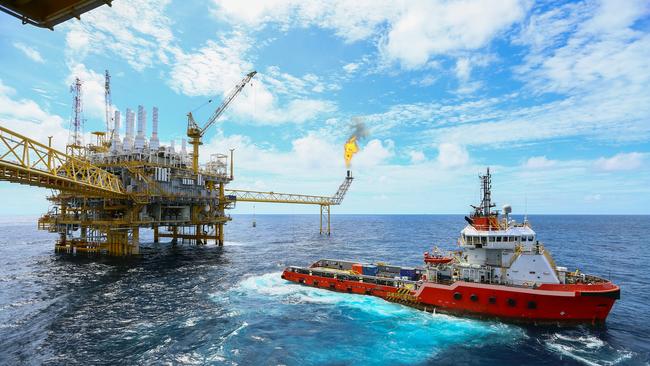Western Australia pulls controversial EPA carbon offset rules
Western Australia has bowed to growing pressure from the oil and gas industry and pulled controversial carbon offset rules.

Western Australia’s controversial carbon offset rules have been pulled after the state’s Environmental Protection Authority caved to growing pressure from the oil and gas industry.
WA premier Mark McGowan this afternoon said the rules, which would have required all major industrial projects in the state to fully offset their entire greenhouse gas emissions, would be withdrawn. The EPA, he said, had also agreed to start a period of consultation over its position on carbon offsets.
The new rules were unveiled by the EPA last week and triggered immediate warnings that billions of dollars of major projects could be at risk.
The news is likely to be welcomed by industry and major oil and gas producer Woodside in particular. Woodside had warned that the offsets policy could delay or kill off its proposed Scarborough and Browse LNG developments, both of which are due for final investment decisions by the end of next year.
Mr McGowan’s intervention followed a meeting this morning between the premier and a group of oil and gas companies including Woodside, Santos, Royal Dutch Shell and Chevron.
The backdown came less than a week after they were announced by EPA chief Tom Hatton, who said the tough new position was required in order to help Australia meet its international climate change obligations.
Mr McGowan said he had been concerned about the message the proposed guidelines would send and the lack of confidence it would create around the world for WA investment opportunities.
“Like everyone, I am concerned about climate change. I want us as a nation to do more in relation to that, I want the world to do more in relation to that, but I think the guidance that was released last week was not the right way to go when you consider that all it would mean is that Queensland and NSW is advantaged against gas from Western Australia that produces half the emissions,” he said.
The new consultation period, which Mr McGowan said would last “some months”, means there is unlikely to be any new changes announced until after the upcoming Federal election. Labor if elected has promised to introduce new emissions reductions targets, and Mr McGowan said those could well negate the need for the EPA to establish its own carbon offset requirements.
The EPA, an independent body that makes recommendations to the state government on whether major projects should go ahead on environmental grounds, said in a statement that it would withdraw the new guidelines until consultation with industry and stakeholders is “more fully complete”.
“The EPA does not resile from the need to reduce Western Australia’s greenhouse gas emissions. Nor do we resile from our absolute right and obligation to provide advice to the Government on these matters,” the EPA said in a statement.
“However, it is important that the detail of such advice is more fully developed and the practical applications are well understood.”
Mr McGowan said he still had faith in the EPA’s Dr Hatton and believed he was still the right man for the job.
“He’s a very good scientist committed to the environment but he understood there were major issues that need to be dealt with,” Mr McGowan said.



To join the conversation, please log in. Don't have an account? Register
Join the conversation, you are commenting as Logout